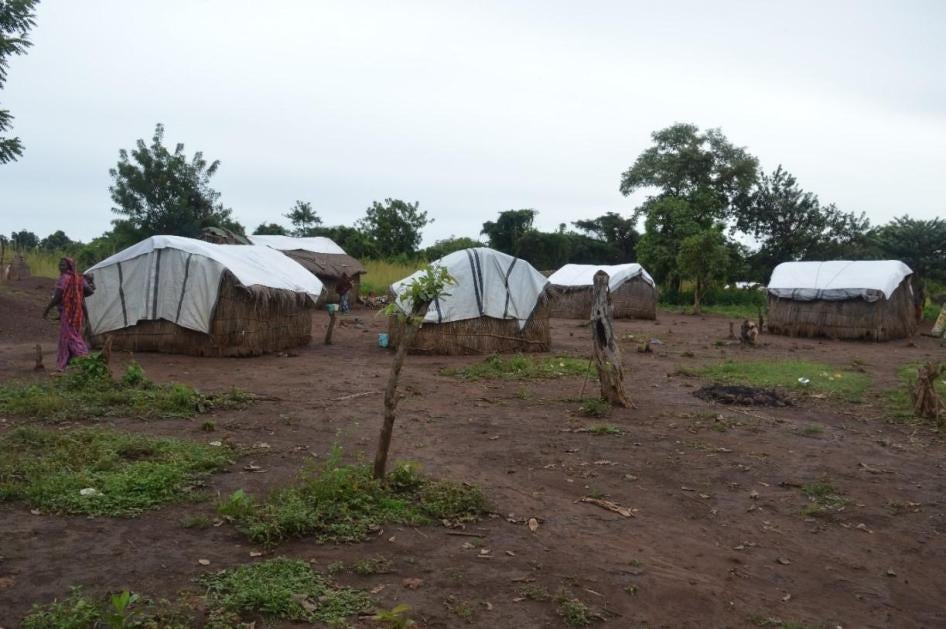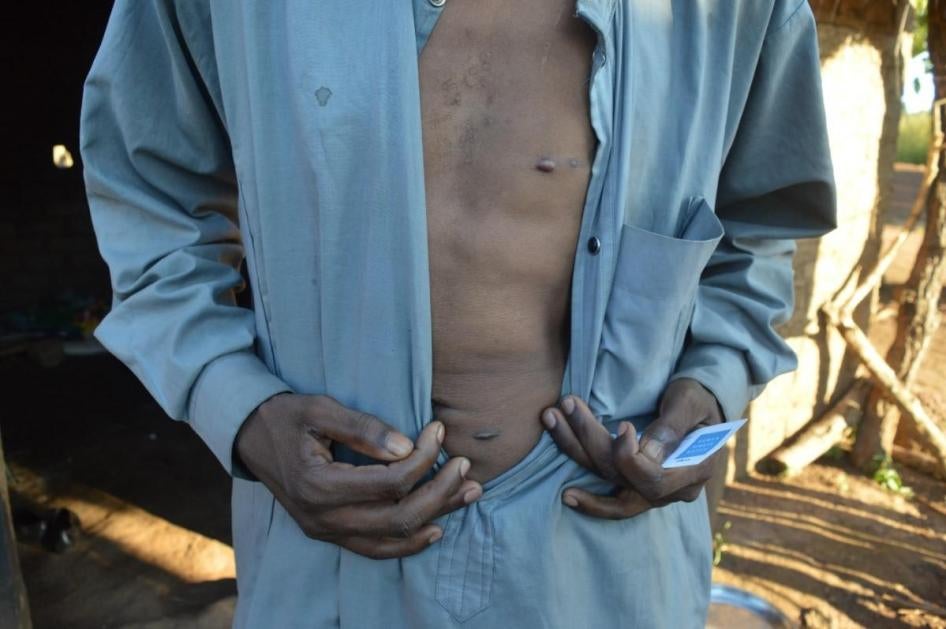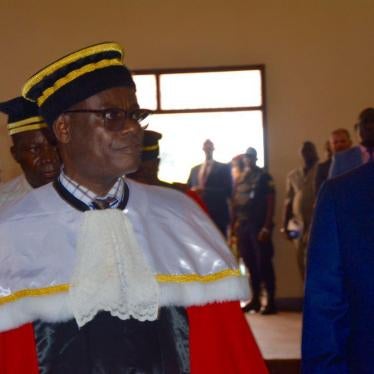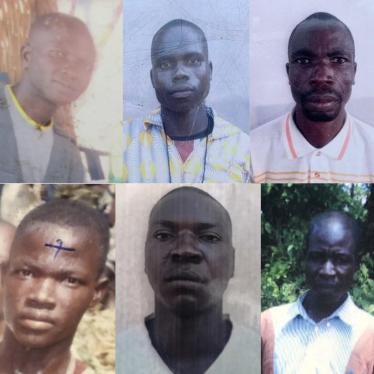(Nairobi) – The peacekeeping force in the Central African Republic, whose mandate the United Nations Security Council renewed on November 14, 2019, should strengthen civilian protection and maximize its role in securing justice. The peacekeeping mission, known as MINUSCA, should work with the country’s special court for grave crimes committed by armed groups to identify how it can best fulfil its mandate to support the court.
Human Rights Watch continues to receive reports on attacks against civilians since the signing of a February peace deal, including in Ouham-Pendé, Kemo, Ouaka, and Vakaga provinces. The peace deal, with 14 armed groups that control vast swathes of the country, led to the integration of some groups’ fighters into the new army and the appointment of their leaders to government positions. Nonetheless, violence continued outside of Bangui, the capital. While some armed group leaders have since left their government positions, the deal continues to receive international support.
“As MINUSCA commits to another year in the country, preventing the killing of civilians and supporting accountability measures should remain top priorities for the mission,” said Lewis Mudge, Central Africa director at Human Rights Watch. “The UN Security Council and MINUSCA should make it clear to armed groups that the mission will do everything in its power to ensure that those responsible for serious crimes are held to account.”
MINUSCA is mandated to protect civilians and to use force as necessary under Chapter VII of the UN Charter. Its presence has enabled a crucial stability, Human Rights Watch said. The peace deal signed in February has, however, not led to greater security, and MINUSCA should use its renewed mandate to protect civilians in the country’s fragile security environment.
While peacekeepers have provided essential support to civilians in many cases, there have been incidents in recent months in which MINUSCA had troops stationed near civilians and did not provide timely protection. In one instance, in April, in Amo, a village in Kemo province, fighters from a local militia killed seven Peuhl civilians, including two children, 35 kilometers from Sibut, the provincial capital. In another, in May, in Ouham-Pendé province, the armed group Return, Reclamation, Rehabilitation, or 3R, killed at least 46 civilians in three coordinated attacks.
In late September, clashes erupted between anti-balaka groups and fighters from the Union for Peace in the Central African Republic (Unité pour la paix en Centrafrique, UPC), in Bangao and Lihoto villages in Ouaka province. The fighting destroyed almost 60 homes and displaced up to 9,000 people. MINUSCA has a presence in Ouaka province, including in Grimali and Kouango.
MINUSCA should identify the reasons why its forces did not ensure civilian protection in such incidents and address any operational issues that prevented a swifter response. MINUSCA should ensure that it dedicates the necessary resources to protecting civilians.
The attacks since the signing of the February peace deal underscore the importance of progress by the new Special Criminal Court (SCC). The court – established by law in June 2015 – has a combination of international and domestic judges, prosecutors, and other staff, and operates with significant UN logistical and other support.
After a slow start-up, the court held its first official session in October, and investigations are now pending in the prosecutor’s office and before the court’s investigative judges. But the court will need to intensify investigations and urgently recruit additional staff to ensure efficient progress to deliver justice for war crimes and other serious offenses, Human Rights Watch said in a July report.
MINUSCA, which provides essential support to the court, has the mandate to provide security and technical assistance with research, analysis, and investigations. As cases advance, peacekeepers will also need to play a central role in making arrests, in close collaboration with court staff.
“Civilians continue to be exposed to deadly attacks in the Central African Republic, and MINUSCA plays a key role in ensuring that civilians are safe and justice for the worst crimes is delivered,” Mudge said. “With its renewed mandate, the Security Council has sent a signal that the mission has its full backing to take robust measures to protect civilians, who have suffered years of violence and endless danger.”










